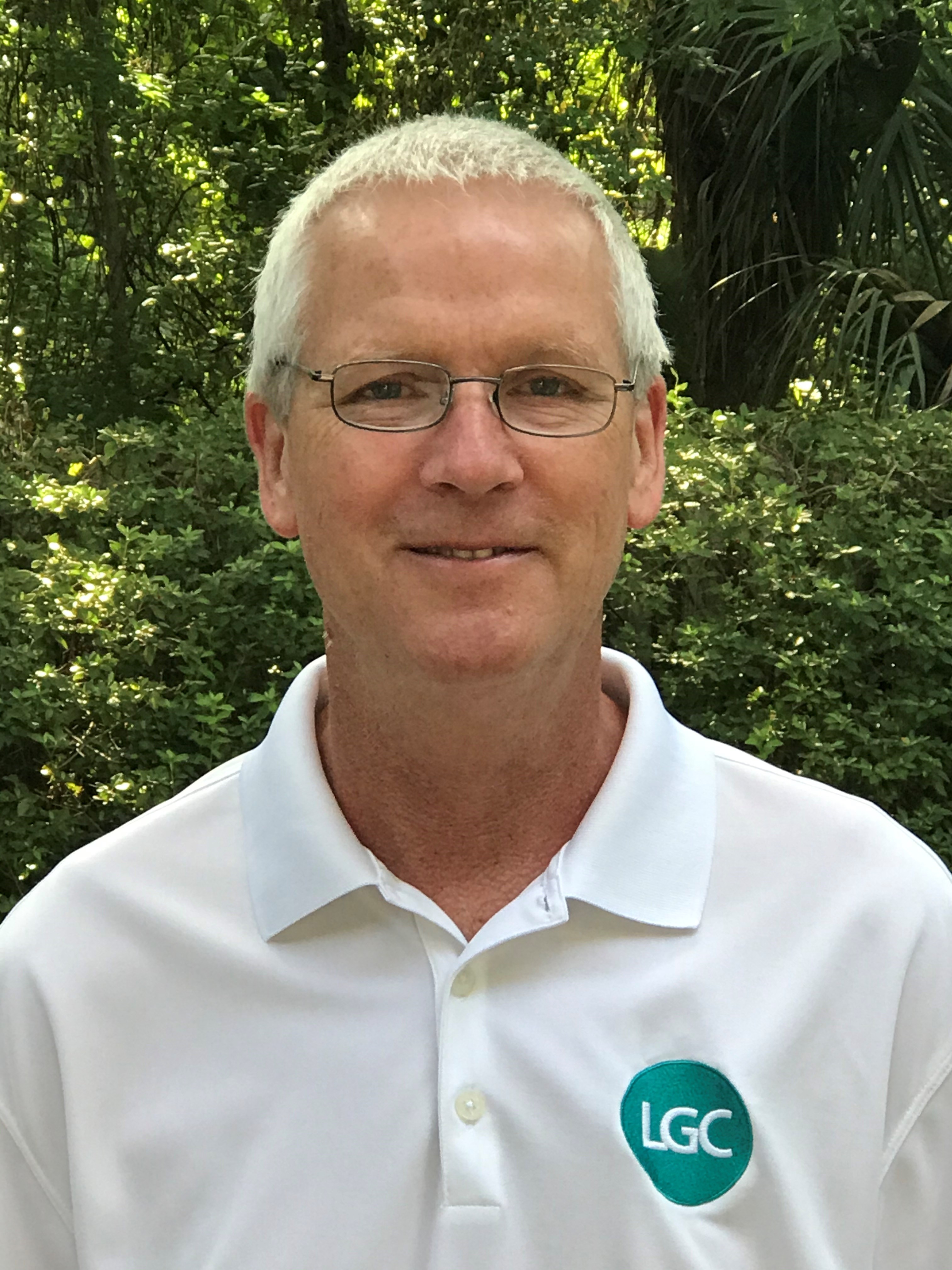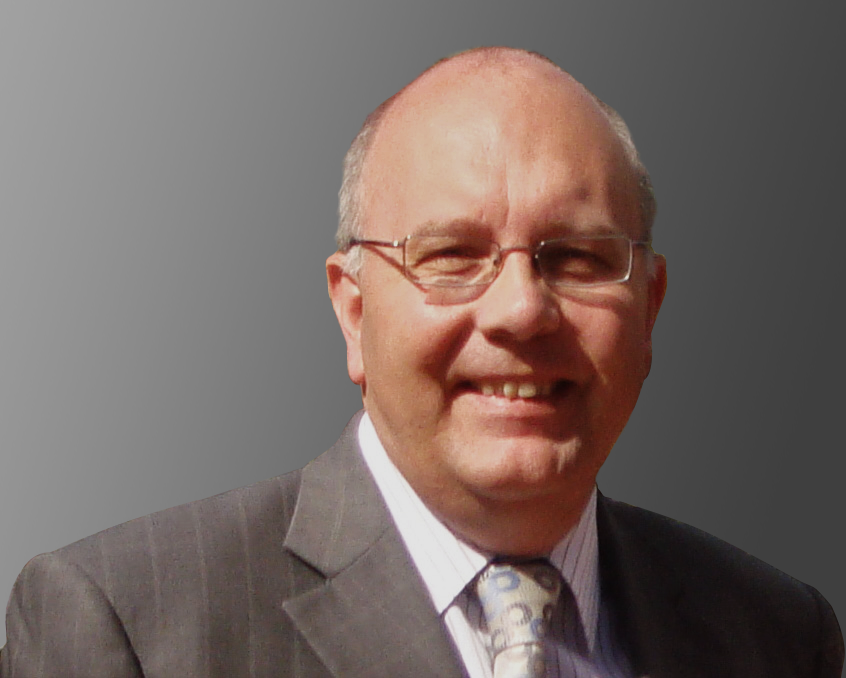Dr Thomas Linsinger joined the European Commission’s Joint Research Centre (JRC) in 1998. He worked first as a project manager for the development of certified reference materials in the field of food analysis, laboratory medicine and industrial applications and organised the stability monitoring scheme for finalised CRMs. In 2004, as quality manager of the JRC’s Reference Materials Unit, he coordinated its accreditation for reference material production according to ISO Guide 34 and ISO/IEC 17025, making it the first organisation in Europe to achieve accreditation for ISO Guide 34. He currently splits his time between managing the distribution CRMs, being a project manager for new CRMs for industrial applications and laboratory medicine and work in technical committees of the International Organization for Standardization. In this function he contributed to the development of several ISO documents for reference materials production, for example ISO Guide 35:2006, ISO Guide 35:2017, ISO Guide 34:2009, ISO 17034:2016 and the ongoing revisions of the ISO Guides of the ISO Reference Materials committee (ISO/TC334).
Kelly Black is President and CEO of Neptune and Company, Incorporated, a women-owned small business specializing in environmental decision support. Ms. Black earned an M.S. in Statistics from Carnegie Mellon University, and a B.S. in Statistics with minors in Economics and Sociology from Montana State University. Ms. Black is the Chair of the International Organization for Standardization Technical Committee for the Application of Statistical Methods (ISO TC69), and also chairs A2LA’s Reference Material Technical Advisory Committee. She has co-authored several EPA quality assurance guidance documents, provided statistical expertise for a wide range of problems, and has worked on several web-based interactive tools for decision-making. Ms. Black is widely recognized within the EPA, DoD, and DOE communities from the numerous technical training courses she has presented, and has gained a reputation for explaining complex statistical concepts without extensive use of jargon.

Steve Ellison is an LGC fellow providing technical leadership for LGC’s Statistics team and additionally overseeing LGC’s reference material certification activity at Teddington. His principal interests are in statistics for analytical chemistry and molecular biology, including analytical quality assurance and statistical aspects of reference material production and inter-laboratory studies. He is a UK representative to ISO TC334, the ISO committee on Reference Materials, and contributed directly to ISO 17034 (General requirements for the competence of reference material producers) and ISO Guide 35 (Reference materials — Guidance for characterization and assessment of homogeneity and stability).

Dan is the Technical Director for LGC Standards Center of Excellence for Organic Solutions in Charleston, South Carolina. Dan helped found the Charleston location in 1997 with the goal of creating an organic solution reference material company focused on providing high quality, affordable, custom organic solutions for the environmental testing industry. The Charleston site is ISO 9001, ISO/IEC 17025, and ISO 17034 accredited. He got his Doctorate Degree in Physical Chemistry from the University of Delaware in 1981. Dan has five years of experience in industrial analytical chemistry research and development, six years of environmental analytical chemistry experience, and twenty five years in reference material manufacturing and research experience. His current responsibilities include specialized product production, problem solving, new product and method development, training, and customer support.

Brian is the Chief Scientific Officer for LGC’s global PT business, with over forty years’ experience in analytical science, the past twenty-five years in the field of analytical quality, particularly concerned with proficiency testing. He has been involved, around the world, in various training and consultative projects concerned with developing proficiency testing, and the accreditation of PT providers and the use of PT in the accreditation of laboratories. In addition, he is very active at the national, European and international level with respect to the development and harmonisation of good practice in proficiency testing.
